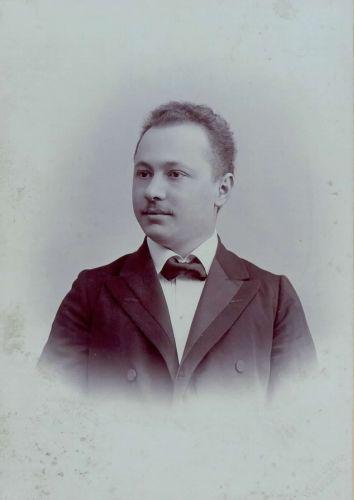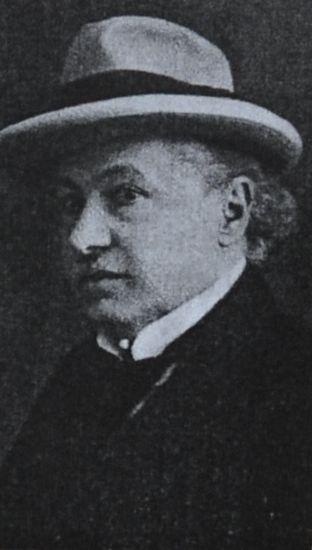

Derganc was born in the sleepy Bela Krajina town of Semič, a place known for its gentle vineyards and birch trees, in 1877. A gifted student, he attended high school in Novo Mesto and Ljubljana, after which he decided to pursue a career in medicine. At the time, Ljubljana had no medical school, so Derganc followed in the footsteps of many of his contemporaries and completed his studies in Vienna. While based in the imperial capital, he helped set up and run a journal that called for more Slovenian political autonomy.
Derganc worked as a surgeon in several European countries from Denmark to Switzerland, but it was back in Slovenia where he left his biggest mark. In 1911, he merged two hospital departments to create a modern surgical center. After World War I, he founded an influential medical journal and began to call for the establishment of a medical school in Ljubljana.
In addition to his work at the state hospital, Derganc and his wife Heda founded the first private hospital in Slovenia. The Emona Sanatorium got its name from the ancient city of Emona, which existed in the location of modern-day Ljubljana, after ancient ruins were dug up during its construction. By then, Derganc was widely recognized as one of the country’s top surgeons, but he was also a poet and wrote articles about ethics. He was a rare Slovenian doctor whose contributions to medicine were both practical and philosophical.
Derganc died in 1939, but his worked lived on. The Emona Sanatorium played a major role during World War II, when it was one of the first institutions to treat injured members of the Partisan resistance, who were fighting against the Axis occupying forces.
Derganc also developed much of the Slovenian-language surgical terminology, which is still in use. And his son, named after his famous father, became a leading Slovenian surgeon himself —as well as a professor at the Ljubljana Medical School, which was finally established after the war, fulfilling Franc Derganc, Sr.’s lifelong dream.

































































